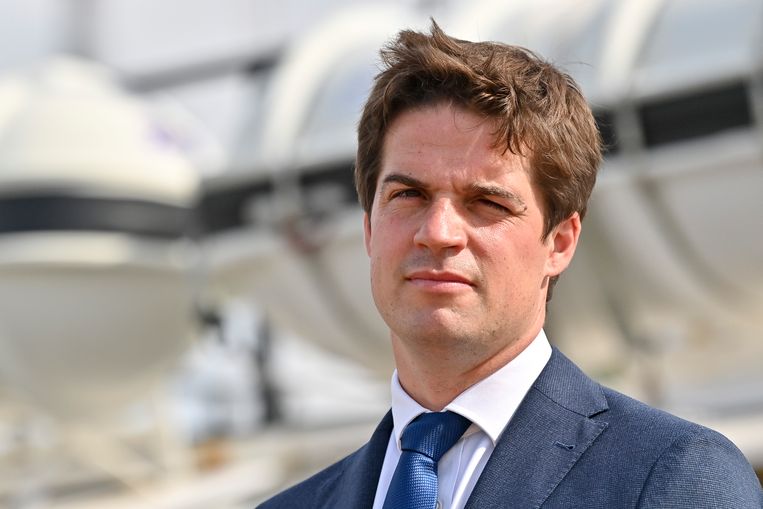Today, Belgium already has many institutions working in the field of climate and weather phenomena, such as the RMI in Uccle and the Princess Elisabeth station in Antarctica. But they work very fragmented. Our universities still do a lot on their island. “The ambition is to connect all of these institutes and have them work together in multidisciplinary teams,” says Federal Foreign Minister Thomas Dermin.
During the budget discussions, 2 million euros a year have already been allocated to the Climate Center. Incorporation will be discussed in an inter-cabinet working group next week. Dermine hopes to get the go-ahead from the government before the Christmas holidays, so management can start hiring staff. At first there will be ten. In terms of location, the Uccle Plateau is viewed.
The team includes a research director who has to develop a common agenda for climate research, while each research institute has set its own agenda so far. The team will also organize seminars and help researchers secure European research grants”, says project leader Anton Moydermans. Universities keep their own input.
The main goal is to allow Belgian climatologists to work together in broad teams. This is important because the questions surrounding climate change are broad as well. For example, what is the impact of climate change on our agriculture? Or floods? How can we arm ourselves? In addition, Dermine hopes that this will enable Belgium to become one of Europe’s leading companies in the field of climate research. “Every day counts in the fight against the climate crisis.”
The Climate Center is just one of the projects in Dermin’s new policy document. He also wants to organize a public debate on how to modernize the Cinquantenaire Park and its museums by 2030 to celebrate Belgium’s 200th anniversary. The park now reflects much of the patriarchal and colonial society of the past. In space travel, the ambition is, among other things, to have Belgium supply another ESA astronaut.











More Stories
Which can cause an increase in nitrogen.
The Central State Real Estate Agency has no additional space to accommodate Ukrainians.
The oystercatcher, the “unlucky national bird,” is increasingly breeding on rooftops.